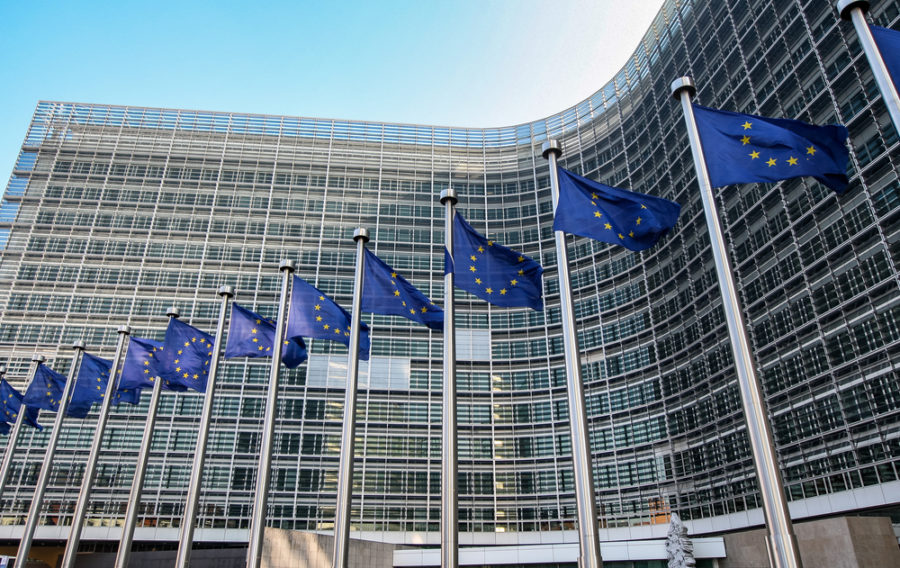
EU institutions have reached a provisional agreement on the European Defence Fund (EDF) awaiting approval from the European Parliament and Council.
EU leaders have welcomed the provisional agreement which represents a break in the controversy surrounding the purpose of the fund. The proposals are now awaiting approval from the European Parliament and the European Council.
Disagreements arose in previous negotiations on what states should be able to access the fund and the possible ethical question of the fund in relation to the Lisbon treaty, which prevents military operations being funded from the EU budget. New negotiations have led to EDF leaders agreeing on aspects of the fund including the following terms:
- The EDF will fund industrial development,
- Up to 100% of design and research projects can be funded through grants and up to 20% of prototype development,
- The fund will provide incentives for cross border collaboration and SMEs,
- Only collaborative projects involving three or more entities will be eligible most of the time,
- The fund will mostly be available to EU member states, but non-members may be eligible to participate in projects.
Elżbieta Bieńkowska, Commissioner for Internal Market, Industry, Entrepreneurship, and SMEs, said: “This agreement is yet another important building block to ensure that Europe becomes a stronger security provider for its citizens.”
“The Fund will foster technological innovation and cooperation in the European defence sector, so that Europe benefits from cutting-edge, interoperable defence technology and equipment in novel areas like artificial intelligence, encrypted software, drone technology or satellite communication.”
The approval of these agreements depends on the consensus over the EU’s next long-term budget outlines. Defence research is already being funded by the EU, including Ocean202, which brings 15 member states together to develop maritime surveillance technology.
If you would like to join our community and read more articles like this then please click here.
EU European Commision European Council European Defence Fund research funding SMEs surveillance technology technology innovation








